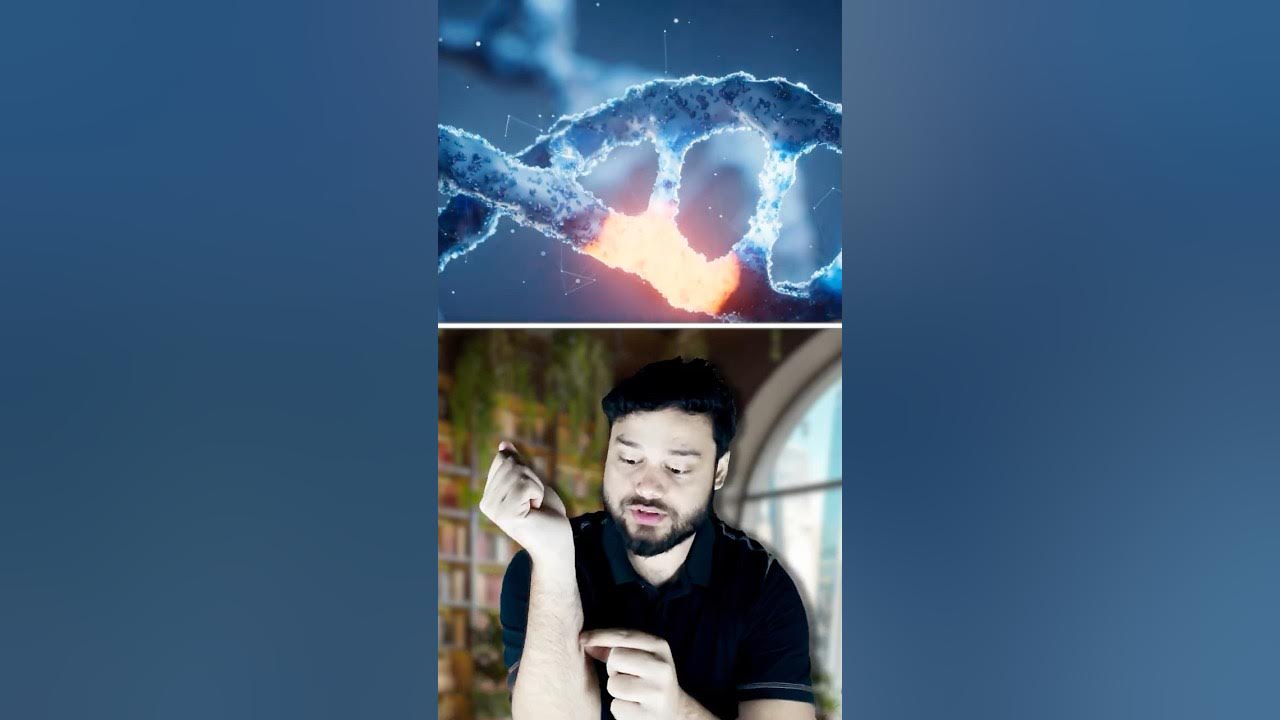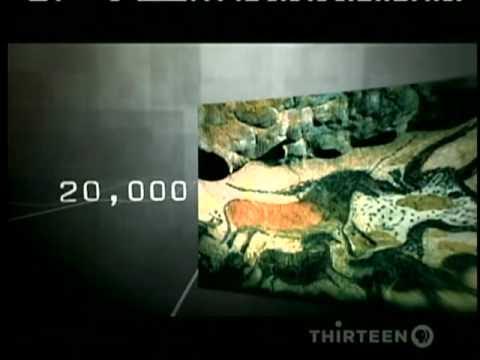Event That Left Only 1,000 Humans Alive
Summary
TLDRThis script explores the dramatic history of human evolution, focusing on a near-extinction event around 800,000 years ago that reduced our ancestors to just 1,280 individuals. It delves into the impact of the Ice Age, the Middle Pleistocene Transition, and how climate shifts influenced human development. The script also discusses the genetic bottleneck that led to modern humans, Homo sapiens, and the resilience shown in overcoming catastrophic events like the Toba eruption, highlighting our species' incredible survival story.
Takeaways
- 🌐 Modern humans likely descended from a small population of about a thousand people around 800,000 to 900,000 years ago.
- ❄️ Glacial cycles, or Ice Ages, occurred regularly about every 41,000 years due to changes in the Earth's axis and its impact on sunlight distribution.
- 🌍 The Pleistocene epoch, starting about 2.6 million years ago, marked the beginning of the Ice Age with large ice sheets covering parts of North America, Europe, and Asia.
- 🐘 The Ice Age was a time of megafauna, including woolly mammoths, saber-toothed cats, giant ground sloths, and mastodons, which coexisted with early humans.
- 🔧 Early humans evolved from multiple species, but only Homo sapiens survived and became modern humans, adapting to harsh conditions by developing tools, clothing, and fire.
- 🌡️ A drastic population crash around 800,000 to 900,000 years ago reduced early humans to about 1,280 individuals, largely due to climate changes during the Middle Pleistocene transition.
- 🧬 DNA analysis of 300,000 people worldwide has helped map the history of human evolution, revealing a significant bottleneck in our genetic history.
- 🌊 The Middle Pleistocene transition led to a colder and drier climate, causing sea levels to drop and making large parts of the world accessible land, allowing for migration.
- 🌱 The end of the Ice Age about 11,700 years ago marked the beginning of the Holocene, a warm period that allowed human civilizations to develop.
- 🌟 The Middle Pleistocene transition also altered the length and intensity of glacial cycles, making future ice ages potentially longer and more severe.
Q & A
What event caused a drastic population crash in early humans about 800,000 to 900,000 years ago?
-A significant climate change, including the middle Pleistocene transition, caused a drastic population crash. The Earth's orbit changed shape, carbon levels dropped, and the climate became incredibly cold and dry, leading to severe droughts and a nearly impossible environment for finding food.
How did the Earth's axis affect the occurrence of ice ages?
-The Earth's axis is slightly tilted, and over thousands of years, this tilt changes a bit, which completely alters how much sunlight different parts of the Earth receive, especially at the poles. These changes lead to alternating periods of strong cold and warm, known as glacial cycles or ice ages.
What is the significance of the Plestocene epoch in relation to ice ages?
-The Pleistocene epoch, starting about 2.6 million years ago, is traditionally known as the Ice Age. During this period, large ice sheets frequently covered parts of North America, Europe, and Asia, although these ice sheets would periodically melt.
What kind of evidence do we have today that shows the presence of ancient glaciers?
-We see evidence of ancient glaciers in features like carved-out valleys, moraines, and eskers. These geological formations were left behind by the movement and melting of ice sheets.
What survival adaptations did early humans develop during the Ice Age?
-Early humans developed tools, clothing, shelters, and the use of fire to adapt to the harsh conditions of the Ice Age. These adaptations helped them survive in the cold and challenging environment.
What does the term 'population bottleneck' refer to in the context of human evolution?
-A population bottleneck refers to a sudden and significant reduction in the size of a population, often due to natural disasters or climatic events. Only a few individuals survive and pass their genes on to future generations, resulting in reduced genetic diversity.
How did early human migrations out of Africa contribute to genetic diversity?
-A small group of Homo sapiens left Africa due to droughts and climate problems, spreading across the world and mixing with local human-like species. However, this migration also caused a genetic bottleneck, reducing the genetic diversity of non-African populations.
What is the significance of the Toba catastrophe in human history?
-The Toba catastrophe, a massive volcanic eruption about 74,000 years ago in Sumatra, Indonesia, caused a volcanic winter by spewing ash and sulfur dioxide into the atmosphere. This event drastically affected the Earth's climate and reduced the global human population to a few thousand people.
How did changes in chromosome numbers contribute to human evolution?
-Before the population bottleneck, most apes had 24 pairs of chromosomes. Due to the bottleneck, two sets of chromosomes in early humans fused, resulting in 23 pairs. This genetic change influenced human brain size, bipedalism, and language development.
When did the last Ice Age end, and what era began afterward?
-The last Ice Age ended about 11,700 years ago, marking the beginning of the Holocene epoch, a warm period during which human civilizations began to develop and thrive.
Outlines

This section is available to paid users only. Please upgrade to access this part.
Upgrade NowMindmap

This section is available to paid users only. Please upgrade to access this part.
Upgrade NowKeywords

This section is available to paid users only. Please upgrade to access this part.
Upgrade NowHighlights

This section is available to paid users only. Please upgrade to access this part.
Upgrade NowTranscripts

This section is available to paid users only. Please upgrade to access this part.
Upgrade NowBrowse More Related Video

When The Population of Earth Decreased To ONLY 1,280 People! #shorts

Human Origins: One Species, Living Worldwide

1of6 Evolution-Becoming Human-Part3-The Last Human Standing

The CHILLING TALE of the Ordovician-Silurian Mass Extinction

TELMO PIEVANI - Quando Nacque la MENTE UMANA: come siamo diventati Sapiens

Evolution of the Human Brain
5.0 / 5 (0 votes)